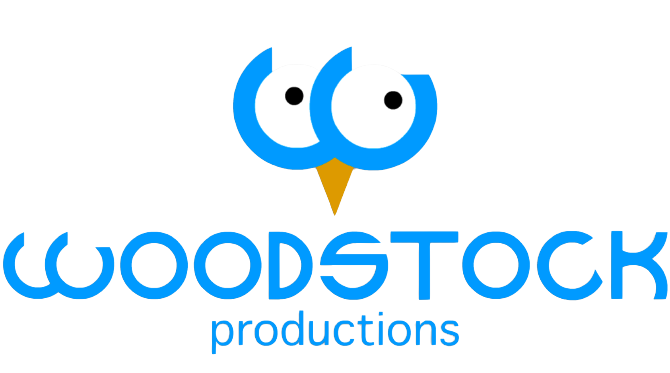Unlocking Success: How Game Developers Can Run a Thriving Kickstarter Campaign
Introduction
Crowdfunding has become a game-changer for the gaming industry. Game developers can now bring their visions to life with the support of passionate gamers and fans through platforms like Kickstarter. A well-executed Kickstarter campaign can provide the necessary funding and build a dedicated community around your project. In this article, we will delve into the strategies and best practices that can help game developers run a successful Kickstarter campaign.
Preparation is Key
Before launching your campaign, meticulous planning is essential. You need to have a clear understanding of your game concept, target audience, and financial requirements. Consider creating a detailed development timeline and budget. Potential backers want to see that you've thought through every aspect of your project.
Create a Compelling Pitch
Your Kickstarter campaign page is your digital storefront. It should be visually appealing, informative, and engaging. A compelling pitch video that introduces your team, explains your game's concept, and highlights its unique selling points is crucial. Use storytelling to connect with potential backers emotionally.
Set Realistic Funding Goals
Be honest about the amount of funding you need. Setting an unrealistic goal can lead to disappointment and failure. Break down your budget and explain how the funds will be used. Potential backers appreciate transparency.
Build a Strong Online Presence
Long before launching your campaign, work on building a strong online presence. Engage with the gaming community through social media, forums, and developer blogs. The more people who know about your project in advance, the more support you can expect when you launch.
Offer Attractive Rewards
Backers expect value for their contributions. Design a variety of reward tiers that cater to different budgets. Exclusive in-game items, early access, and limited-edition merchandise can be enticing incentives.
Regular Updates and Communication
Keep your backers informed and engaged throughout the campaign. Post regular updates, share progress, and respond promptly to comments and messages. Building a sense of community is essential to sustaining interest and trust.
Timing Matters
Timing your campaign is crucial. Avoid launching during major industry events or holidays when your project could get lost in the noise. Research and choose a launch date that maximizes your chances of visibility.
Leverage Kickstarter's Tools
Kickstarter offers various tools to help creators manage their campaigns. Utilize their analytics, backer management, and communication tools to stay organized and make informed decisions.
Promote Beyond Kickstarter
Don't rely solely on Kickstarter's platform for promotion. Use external marketing strategies such as press releases, influencer partnerships, and email marketing to reach a broader audience.
Plan for the Post-Campaign Phase
Your responsibilities don't end when the campaign is successful. Plan for the post-campaign phase, which includes fulfilling rewards, regular updates on progress, and continued community engagement.
Flexibility and Adaptability
Be prepared to adjust your strategy if needed. Sometimes campaigns slow down, and you might need to reevaluate and make changes to re-energize your backers.
Learn from Others
Study successful Kickstarter campaigns from fellow game developers. What worked for them? What pitfalls did they avoid? Learning from the experiences of others can provide valuable insights.
Conclusion
Running a Kickstarter campaign for your game can be a rewarding and transformative experience. It not only provides the necessary funding but also connects you with a passionate community of supporters. By following these strategies and best practices, you can increase your chances of running a successful Kickstarter campaign and bring your gaming vision to life. Remember that while funding is important, the relationships and community you build during the campaign can be even more valuable in the long run.


